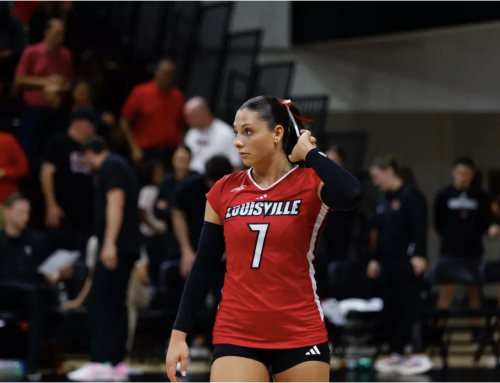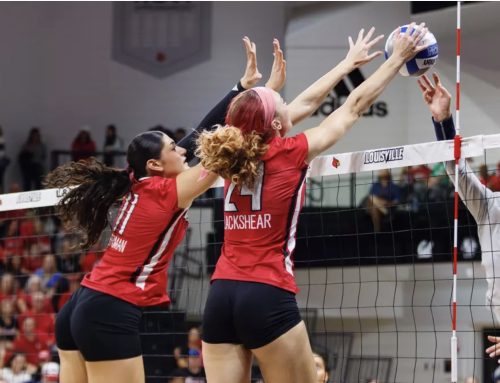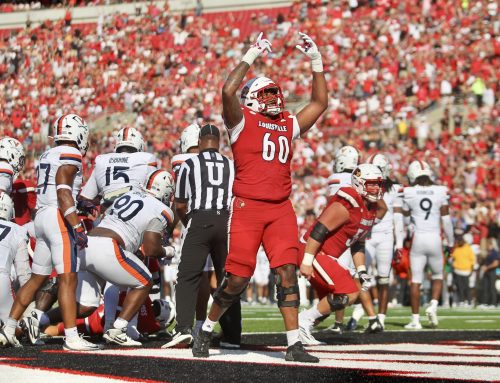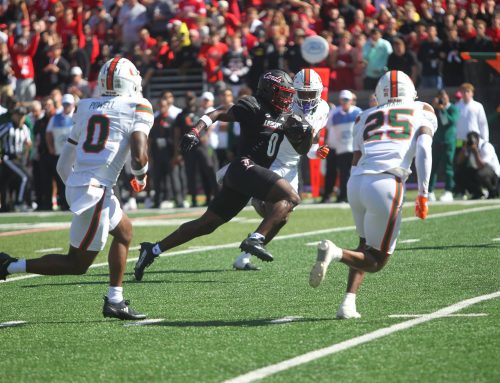By Kenedra Richardson
University of Louisville track and field standout Synclair Savage made history this year by becoming the first athlete in program history to win an NCAA national title in the women’s long jump.
Savage’s winning performance also set a new program record and helped elevate Louisville’s national profile in collegiate track and field.
“In that moment, I felt nothing but happiness and awe,” Savage said. “It didn’t feel real at first, but realizing what I had done was amazing. Having my family there made it even more special.”
The victory capped off a decorated college career that included an ACC outdoor title during her sophomore year, NCAA Indoor and Outdoor placements in her junior season, and a second-place team finish at ACCs this past year.
But Savage’s impact goes beyond athletic achievements. She has become a vocal advocate for gender equity in college and professional sports.
“Seeing how many women, especially in track and field, struggle to get paid at the pro level really opened my eyes,” she said. “That’s when I knew I wanted to start speaking up and pushing for change.”
According to the NCAA, women make up 44% of college athletes but continue to face disparities in funding, exposure and access to resources. A 2021 NCAA gender equity review found that men’s sports programs, particularly football and basketball, receive disproportionate support and media coverage.
“I would love to see more recognition for women’s sports,” Savage said. “We’ve shown how talented and deserving we are. It’s time we receive equal treatment in the media and from fans.”
Savage encourages other female athletes to use their platforms to raise awareness, even if they’re unsure where to start.
“Social media is a powerful tool,” she said. “Start with your own voice. Share your experiences and talk about what matters to you. That’s how change begins.”
Mental health is another focus for Savage, who has faced injuries and setbacks throughout her career.
“There were times I doubted whether I wanted to continue,” she said. “But with the support of my coaches, family and teammates, I realized my value in the sport.”
Quiet time before competitions and focusing on the joy of the sport have helped her perform at her best.
“Mental health plays a huge role in training and competition,” she said. “How I respond to the hard days has made a big difference in my success.”
As Savage prepares for life after college athletics, her message to sports administrators and the NCAA is clear: invest in equity.
“Uplift all athletes no matter who they are,” she said. “Break the barriers that have been in place for too long.”
Photo courtesy / Louisville Athletics






